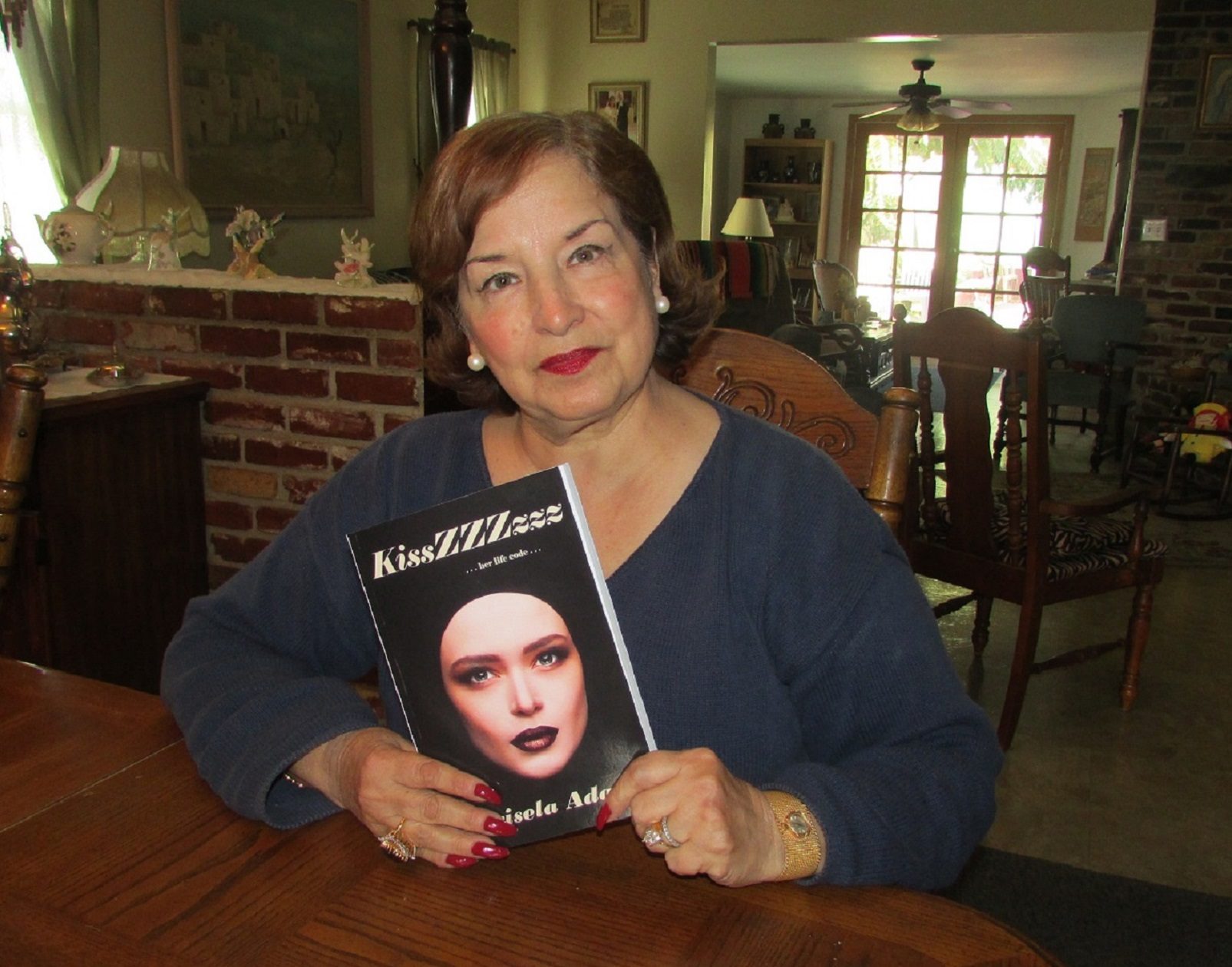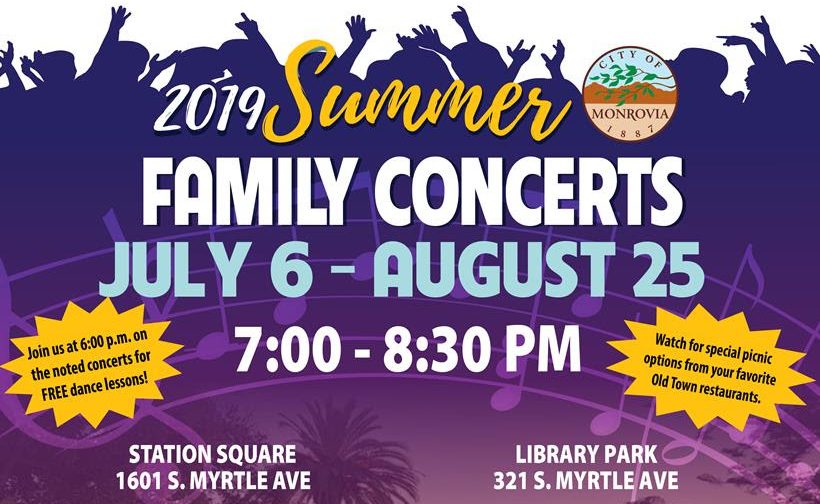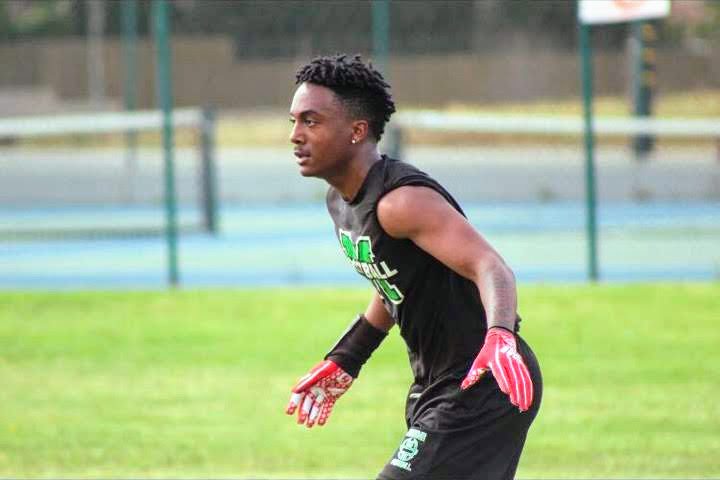
By Angela Copeland
When it comes to being interviewed, there are a few rules that must not be broken. You must show up on time, every time. You must be prepared. You must look nice. You should have studied the job description. You should have learned about the company — inside and out. You should have extra copies of your resume. You need business cards. After the interview, you must send thank you notes.
As a job seeker, if you break any of these rules, you’re out. Showing up 10 minutes late for an interview is a likely death sentence in the world of interviewing. It’s game over. You just cannot break these rules.
However, on the flip side, we don’t ask for the same level of preparation or commitment from the interviewer. It may be because the interviewer is essentially the buyer. The job seeker is simply what’s up for purchase. Job seekers are like a sweater, and almost disposable. As a hiring manager, we want to try a few sweaters on and see which one seems to fit. We don’t have to think about how the sweater’s feelings.
I have seen countless interviews where the interviewer is 15, 20, 30, and over 60 minutes late. There is an expectation that if the job seeker wants the job, they will be waiting patiently when the interviewer arrives. The interviewer holds the cards. The question becomes, “Do you want the job or not?”
Not only does the interviewer often arrive late — they are also often unprepared. They come without a copy of the job seeker’s resume. In fact, they haven’t read it. They may not even be sure which job the candidate is interviewing for.
So, let me ask you, if the tables were reversed, would you hire someone who was late and unprepared? Would you hire someone who didn’t know what they were interviewing for? Me neither.
One of the biggest topics in the hiring world this year is ghosting. Candidates are skipping interviews. They aren’t showing up on their first day. They’re disappearing without a word.
I’m sure there are many reasons ghosting is happening. But, I have to wonder if the unequal relationship presented during the hiring process has anything to do with it.
It goes back to treating others the way you want to be treated. When you’re interviewing a candidate, take the time to think — if the candidate treated me the way I’m treating them, would I hire them?
This rule also applies to questions asked during the interview. So often, I have observed the interviewer ask the candidate rude and demeaning questions. They sometimes take on an adversarial tone. How would you feel if the candidate spoke to you in this way? Would they be your first choice?
Although it is sometimes less clear, a candidate is (and should be) evaluating the company just as much as the company is evaluating them.
Angela Copeland, a career influencer and founder of Copeland Coaching, can be reached at copelandcoaching.com.







